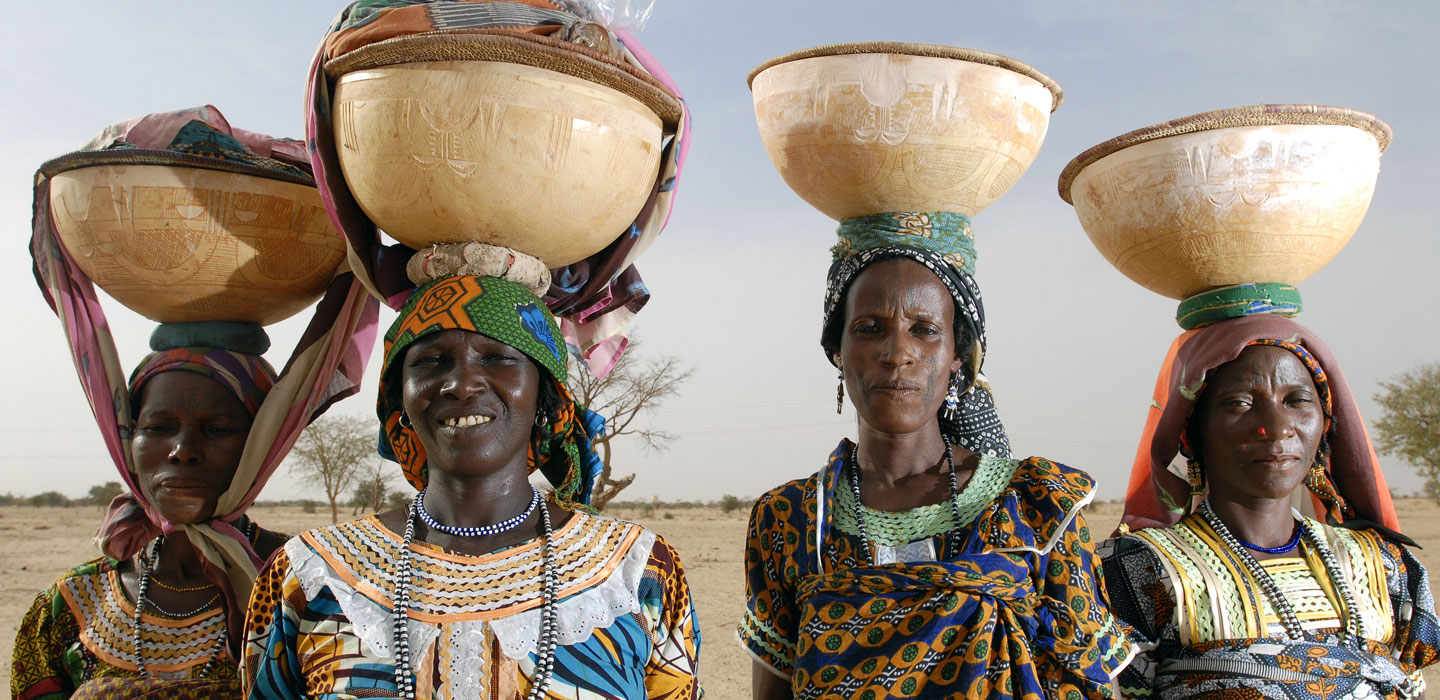Tools and guidelines
الأدوات والإرشادات

الأدوات والإرشادات
عرض القائمة
Search Results Filters
نتائج البحث
Zipping up the Evidence - Dealing with non-counterfactuals in Viet Nam and Ghana
Participatory Impact Assessment and Learning Approach (PIALA)
دراسة نموذج الحیاة الأسریة، أوغندا
نهج العمل المنهجیات الأسریة
How to do note: Climate change risk assessments in value chain projects
How To Do Note: Measuring Climate Resilience
How to do note: Mainstreaming portable biogas systems into IFAD-supported projects
Toolkit: Youth Access to Rural Finance
The Lessons Learned and How To Do Note on this topic provide IFAD country programme managers, project design teams and implementing partners with insights and key guidance on designing and offering appropriate financial services for rural youth. The toolkit on Youth Access to Rural Finance synthesizes best practices and offers examples from around the world.
Lessons learned: Youth Access to Rural Finance
Although there have been improvements in YFS access, youth are still lagging significantly behind adults in being able to access financial tools. Across high- and low-income countries, young people are less likely than adults to have a formal account. There are even starker differences related to a country’s income level, with 21 per cent of youth in low-income economies having a formal account compared with 61 per cent in upper-middle-income economies (Demirguc-Kunt et al., 2013).
Even with this data, determining the exact extent of youth access to financial services can be complicated because there is a lack of consistent data and definitions on youth (see Box 3). The lack of data is more limited for rural areas.
While there is some analysis of the urban-rural gap in access to financial services, with those living in cities significantly more likely to have an account than rural residents (Klapper, 2012), there are currently no comprehensive studies with disaggregated data for rural youth.
Scaling up note: Nutrition-sensitive agriculture and rural development
In 1977, IFAD made improving “the nutritional level of the poorest populations in developing countries” one of the principal objectives of its founding agreement. Since then, governments, civil society and development organizations also have come to recognize the central importance of nutrition – which comprises undernutrition, micronutrient deficiencies and overweight – to development.
ملاحظة لتوسيع النطاق: إدارة المياه الزراعية
Scaling up note: Gender equality and women’s empowerment
IFAD has achieved significant results in promoting innovative gender mainstreaming and pro-poor approaches and processes in its operations, making this an area of IFAD’s comparative advantage.
Effective project management arrangements for agricultural projects: A synthesis of selected case studies and quantitative analysis
Scaling up note: Land tenure security
Equitable access to land and tenure security for IFAD’s target groups are essential for rural development and poverty eradication. Tenure security influences the extent to which farmers are prepared to invest in improvements in production and land management.
Interventions to be scaled-up are in this note are: (i) Recognition and recording of multiple and sometimes overlapping rights in community-level land use, watershed management, territorial, rangeland and forest management planning processes; (ii) Registration of land ownership and use rights; (iii) Equitable land access; (iv) Land conflict resolution and access to judiciary and legal aid and; (v) Civic education and public awareness-raising.
Scaling up note: Smallholder livestock development
Smallholder livestock production is largely based on family farming and is key to poor rural people’s livelihoods, food security and employment creation.